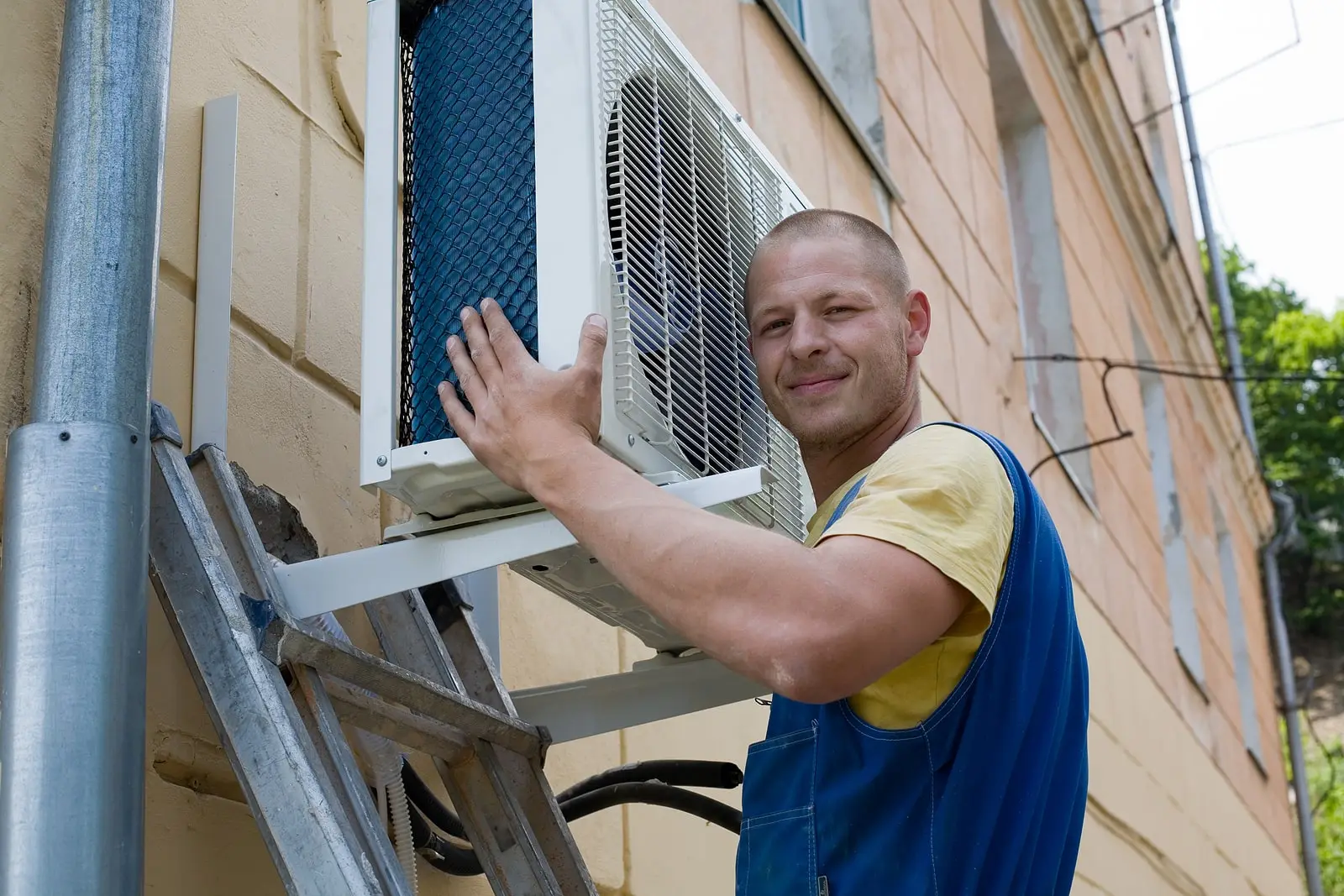
Replacing your air conditioning (AC) system is a significant investment, and many homeowners have misconceptions that can lead to costly mistakes. Understanding the truth about AC replacement can help you make informed decisions and ensure your home remains cool and comfortable, especially in Florida’s hot climate. Here are some common misconceptions about AC replacement and the facts you need to know:
Myth: Bigger AC Units Are Always Better
Many people believe that a larger AC unit will cool their home more effectively. However, an oversized unit can cause more harm than good:
- Short Cycling: A unit that’s too large will cool the space quickly but shut off before completing a full cycle, leading to inefficient operation and higher energy bills.
- Humidity Issues: Short cycles prevent the system from removing sufficient moisture from the air, leading to increased indoor humidity.
- Wear and Tear: Frequent cycling can cause more wear and tear on the system, reducing its lifespan.
Fact: It’s crucial to have a professional perform a load calculation to determine the right size for your home. Properly sized units run efficiently, maintain comfort, and control humidity levels.
Myth: You Should Wait Until Your Current Unit Breaks Down
Waiting until your AC system completely fails before replacing it can be a costly mistake:
- Emergency Costs: Emergency replacements can be more expensive due to urgent service fees and limited time to find the best deal.
- Inconvenience: Enduring the Florida heat without a functioning AC can be extremely uncomfortable and potentially hazardous.
- Energy Inefficiency: Older units tend to be less efficient, leading to higher energy bills. Upgrading sooner can save money in the long run.
Fact: Replacing your AC before it breaks down allows you to plan financially, explore your options, and avoid emergency situations. Upgrading to a more efficient system can also lower your energy costs.
Myth: All AC Units Are the Same
Assuming that all AC units are the same can lead to poor choices that don’t meet your specific needs:
- Energy Efficiency: Different models have varying energy efficiency ratings (SEER). Higher SEER ratings mean better efficiency and lower operating costs.
- Features: Modern AC units come with various features such as variable speed motors, smart thermostats, and advanced filtration systems.
- Compatibility: Not all units are compatible with existing ductwork or thermostats.
Fact: Researching different models and consulting with an HVAC professional can help you find a unit that fits your needs, budget, and home’s requirements.
Myth: DIY Installation Is Cost-Effective
Attempting to install an AC unit yourself might seem like a way to save money, but it can lead to significant problems:
- Improper Installation: Incorrect installation can cause operational issues, reduced efficiency, and voided warranties.
- Safety Hazards: Handling refrigerants and electrical components without proper training can be dangerous.
- Code Compliance: Professional installations ensure compliance with local building codes and regulations.
Fact: Hiring a licensed HVAC professional ensures the system is installed correctly, safely, and in compliance with all codes, protecting your investment.
Myth: Maintenance Isn’t Necessary for New Units
Some homeowners believe that new AC units don’t require maintenance. This misconception can shorten the lifespan of your system and reduce its efficiency:
- Manufacturer’s Requirements: Regular maintenance is often required to keep warranties valid.
- Optimal Performance: Routine maintenance ensures the system runs efficiently and catches potential issues early.
- Longevity: Regular upkeep can extend the lifespan of your AC unit.
Fact: Scheduling regular maintenance with a professional ensures your new AC unit operates at peak performance and maintains its warranty coverage.
Myth: The Cheapest Option Is the Best Choice
Choosing the cheapest AC unit or installation service can lead to higher costs in the long run:
- Quality Issues: Lower-priced units may lack the durability and features of higher-quality models.
- Higher Operating Costs: Less efficient units can lead to higher energy bills.
- Frequent Repairs: Inexpensive units might require more frequent repairs and replacements.
Fact: Investing in a high-quality, energy-efficient AC unit and professional installation can save money over time through lower operating costs and fewer repairs.
Conclusion
Understanding the facts about AC replacement can help you avoid common pitfalls and make informed decisions. Properly sizing your unit, planning for replacement, choosing the right model, ensuring professional installation, maintaining your system, and investing wisely are all key to enjoying a comfortable and efficient home in Florida’s climate. Don’t let misconceptions guide your decisions—consult with an HVAC professional to find the best solutions for your home.